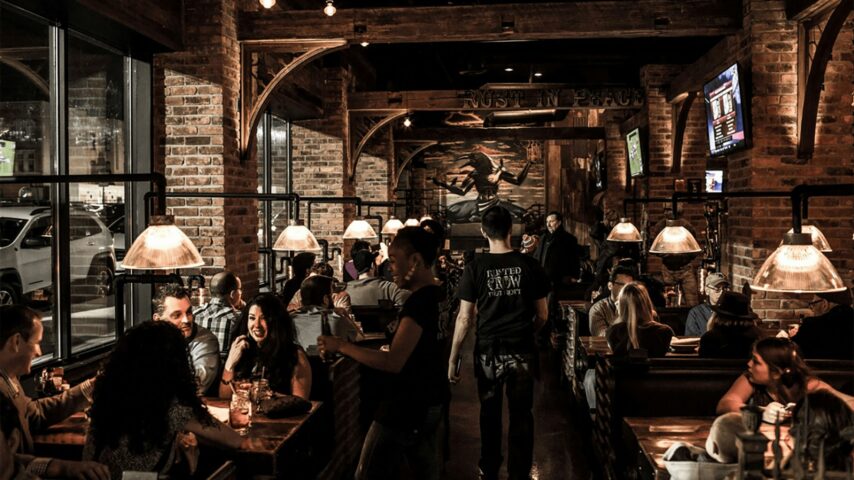Nando’s Singapore started using Tenzo a little over a year ago to help improve their forecasting accuracy and optimise their staff scheduling. After a three-month pilot and a full roll out, Tenzo was able to improve their forecasting accuracy by 30% and increase their labour productivity by 15%. Find out how we did it in our latest case study.
“Tenzo’s forecasting solution combines machine learning with an easy to use mobile app for the restaurant managers. This has helped us increase our labour productivity by 15% and has continued to perform well since COVID-19 outbreak.” – Moji Neshat, GM Nando’s Singapore
The journey with Nando’s began as the group searched for better ways of scheduling their weekly rotas. The Singapore arm of the business was the first to start making changes. Their Patraos (managers) were not given much beyond a yearly budget and historical sales to predict what sales would be like and as such forecasting wasn’t as accurate as it could be. Consequently, when it came to the weekly rota, many Patraos relied on a static rota pattern not accounting for fluctuations in sales resulting in over- and under-staffing.
What the operations team at Nando’s were looking for was an easy-to-use platform that could address these problems and be incorporated into their current processes without much disruption to the team. To make sure that Tenzo was the right fit, they embarked on a three-month pilot with a select few locations.
By starting with a pilot, head office was able to compare locations who were and who weren’t using Tenzo to see what effect the new platform had. On top of that, the pilot phase called for close communication between both companies that allowed Tenzo to put forward reports and trend analysis to show how Nando’s could improve their operations based on insight garnered from their data.
“The pilot phase enabled the whole team to understand the benefits of Tenzo and compare against locations not using the platform. This showed us clear results and made us excited to roll out into all of the restaurants.” – Vikram Badhwar, Group Head of Operations Technology at Nando’s
It was also important for both the Tenzo and Nando’s teams that the Patraos could trust the information provided. To ensure this was the case, a session was organised to explain how the algorithm works and what factors influence it. The app itself shows last year’s and last week’s comparable sales when presenting a forecast so in itself fosters trust, but getting that extra session really reassured the team that the algorithm worked well.
After the initial pilot, it was clear that Tenzo was improving key metrics and a full roll out to all locations was the obvious next step. The results were just as successful. Since Nando’s Singapore started using Tenzo, they have been able to improve their labour productivity by 15%. In simple terms, this means that for every dollar spent on labour, Nando’s Singapore is now taking in 15% more in revenue, optimising their labour spend while improving sales.
Furthermore, Tenzo’s AI forecasts have improved the accuracy of Nando’s Singapore’s sales predictions by 25%. After the Patrao has input their own adjustments, this improvement rises to 30% proving that the Tenzo-general manager relationship is a symbiotic one.
If you’d like to hear more about Nando’s Singapore and how it has dealt with the pandemic, give Moji’s episode of our podcast, In the soup, a listen. It’s available on Soundcloud, Spotify, Stitcher, or Apple Podcasts.
Cover Image courtesy of Nando’s




